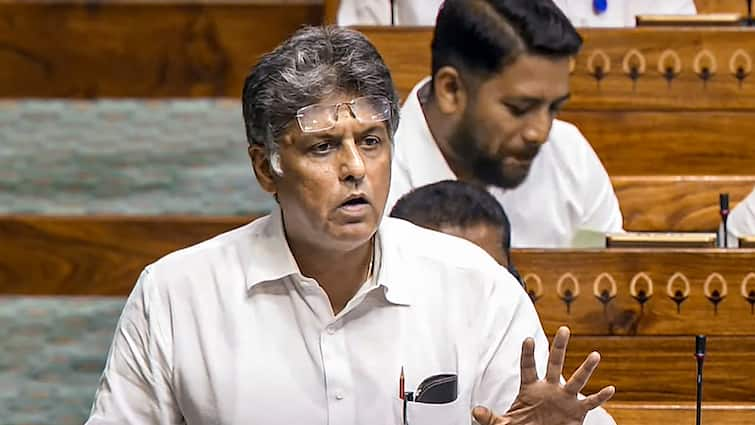In their meeting on the sidelines of the SCO Summit, Chinese President Xi Jinping cited the Panchsheel treaty and Prime Minister Narendra Modi referred to mutual respect, mutual interest, and mutual sensitivity as the basis of stability and cooperation between India and China.
In their meeting on the sidelines of the SCO Summit, Prime Minister Narendra Modi and Chinese President Xi Jinping on Sunday stressed the two countries as partners rather than rivals and shared perspective on the India-China relationship. While Xi referred to the Panchsheel treaty and said it should be upheld, Modi said that mutual respect, mutual interest, and mutual sensitivity as the basis of stability and cooperation between India and China.
Even as two leaders struck a cordial note, the two readouts had notable differences that highlighted the difference in the two countries’ approaches.
While the Chinese readout in Mandarin quoted Xi as saying that the two sides should “avoid letting boundary issues define the overall relationship”, the Indian readout said that Modi “underlined the importance of peace and tranquility on the border areas for continued development of bilateral relations”.
For a long time, China has stressed that the broader bilateral relationship should be separated from boundary disputes and border clashes, and, on the contrary, India has maintained that peace and tranquility at the border as the basis of the broader bilateral relationship.
Sharing my remarks during meeting with President Xi Jinping. https://t.co/pw1OAMBWdc
— Narendra Modi (@narendramodi) August 31, 2025
Xi noted that 2025 marked 75 years of the establishment of diplomatic relations between India and China and said both the countries should approach the relationship with a long-term vision. He further called India and China partners instead of rivals.
“If both countries recognise each other as partners rather than rivals, and as opportunities rather than threats, the relationship can progress steadily and sustainably. China and India are at critical stages of development. They should focus on development as the greatest common denominator, support each other, and achieve mutual success,” said Xi, as per the Chinese readout.
On his part, Modi said that a stable relationship between India and China based on cooperation is necessary for the growth and development of the two countries, as well as for a multipolar world and a multi-polar Asia befitting the trends of the 21st century.
PM Modi’s focus on strategic autonomy
In an apparent reference to commentators linking the India-China engagement to the deteriorating India-US relationship, Modi said that both India and China pursue strategic autonomy and “their relations should not be seen through a third country lens”.
Even as Xi called for the separation of the broader bilateral relationship from the boundary dispute, Modi “underlined the importance of peace and tranquility on the border areas for continued development of bilateral relations”, the Indian readout said.
Emphasising the principle of mutuality as the basis of the India-China relationship, Modi said, “Our cooperation is linked to the interests of 2.8 billion people of our two countries. This will also pave the way for the welfare of all humanity. We are committed to advancing our relations based on mutual trust, respect, and sensitivity.”
End of Article

)

